
When the Brain Begins to Consume Itself: The Hidden Costs of Chronic Sleep Loss
New research is shedding light on a startling consequence of chronic sleep loss: when the brain is severely deprived of sleep, neurons may begin a self-destructive process that effectively has them “consuming” parts of themselves. Under conditions of prolonged sleep deprivation, brain cells enter a state of cellular stress and trigger a mechanism known as autophagy — a process through which cells break down their own components in order to survive. While autophagy is a normal, beneficial process in moderation, its excessive activation as a result of severe sleep loss appears to carry serious risks for cognitive function and brain structure.
Sleep is far more than a passive rest period: during deep sleep, the brain undertakes essential maintenance tasks. These include clearing out toxins and metabolic waste, strengthening neural connections, and repairing cellular damage. Interrupting or shortening this restorative phase impairs these critical processes, and mounting evidence indicates that this interruption places brain health at serious risk. For example, one review explains how sleep disruption is intimately linked with degeneration of neuronal health and increased accumulation of protein aggregates — changes mediated by altered autophagy and oxidative stress. scientificarchives.com+2life-science-alliance.org+2
In one study using animal models, just five days of sleep fragmentation resulted in dysregulation of autophagy in the hippocampus and striatum — brain regions critical for learning and memory. PMC Another investigation found that loss of REM sleep (rapid eye movement sleep) is associated with elevated autophagy-related markers and neuronal homeostasis disruption. PubMed More recently, a study highlighted that impaired autophagic flux in sleep–wake neurons appears in early stages of neurodegenerative models, and that disrupted sleep may trigger further proteostasis (protein-homeostasis) breakdown in a vicious feedback loop. BioMed Central
What this suggests is that chronic sleep deprivation is not merely a matter of feeling tired or having a foggy brain the next day — it may lead to long-term changes in brain cell physiology, memory consolidation, neural connectivity, and even structural brain degeneration. The metaphor of the brain “eating itself” refers to this heightened autophagy which, though initially protective, may become pathological if sustained over time. Frontiers+1
From a practical perspective, this research underscores the importance of prioritising 7 to 9 hours of good-quality sleep per night (for most adults) not as a luxury but as a foundational requirement for cognitive and neurological health. When sleep is persistently inadequate, the brain’s housekeeping functions are compromised: toxins may accumulate, synapses may be weakened, neural networks may become inefficient, and in worst-case scenarios, neurons may become damaged or lost.
In summary: don’t just aim to “get by” on minimal sleep. Think of sleep as a vital period during which your brain performs essential repair, consolidation and clearance. When this is skipped repeatedly, the consequence isn’t just next-day fatigue — it has the potential to undermine memory, reduce cognitive sharpness, and even accelerate pathways of degeneration. Taking sleep seriously means not only going to bed earlier or sleeping longer, but also practising sleep hygiene (regular schedule, low screen exposure, minimal interruptions) so that you get quality restorative sleep, rather than just time spent in bed.
Selected sources
-
Cheng Y., et al., “Short-Term Sleep Fragmentation Dysregulates Autophagy in a Mouse Model”, PMC, 2021. PMC
-
Deutsch S., “Impact of Sleep on Autophagy and Neurodegenerative Disease”, Scientific Archives, 2022. scientificarchives.com
-
Ortiz-Vega N., “Regulation of proteostasis by sleep through autophagy”, Life Science Alliance, 2024. life-science-alliance.org
-
Chauhan A.K., Mallick B.N., “Association between autophagy and rapid eye movement sleep loss-associated neurodegenerative and patho-physio-behavioral changes”, Sleep Medicine, 2019. PubMed
-
Morrone C.D., Tsang A.A., Yu W.H., “Autophagic impairment in sleep–wake circuitry is linked to sleep loss at the early stages of Alzheimer’s disease”, Molecular Neurodegeneration, 2025. BioMed Central
News in the same category


Unattractive Traits That Can Secretly Ruin a Relationship

Beware Portuguese Man-of-War Found on Beach

Why Your Dog Stares at You …What That Look Really Means

Do You Think Like an FBI Agent

Apple and Issey Miyake Redefine Tech Fashion With the $230 iPhone Pocket

A Simple Black Blade That Saves Birds: The Surprising Wind Turbine Breakthrough
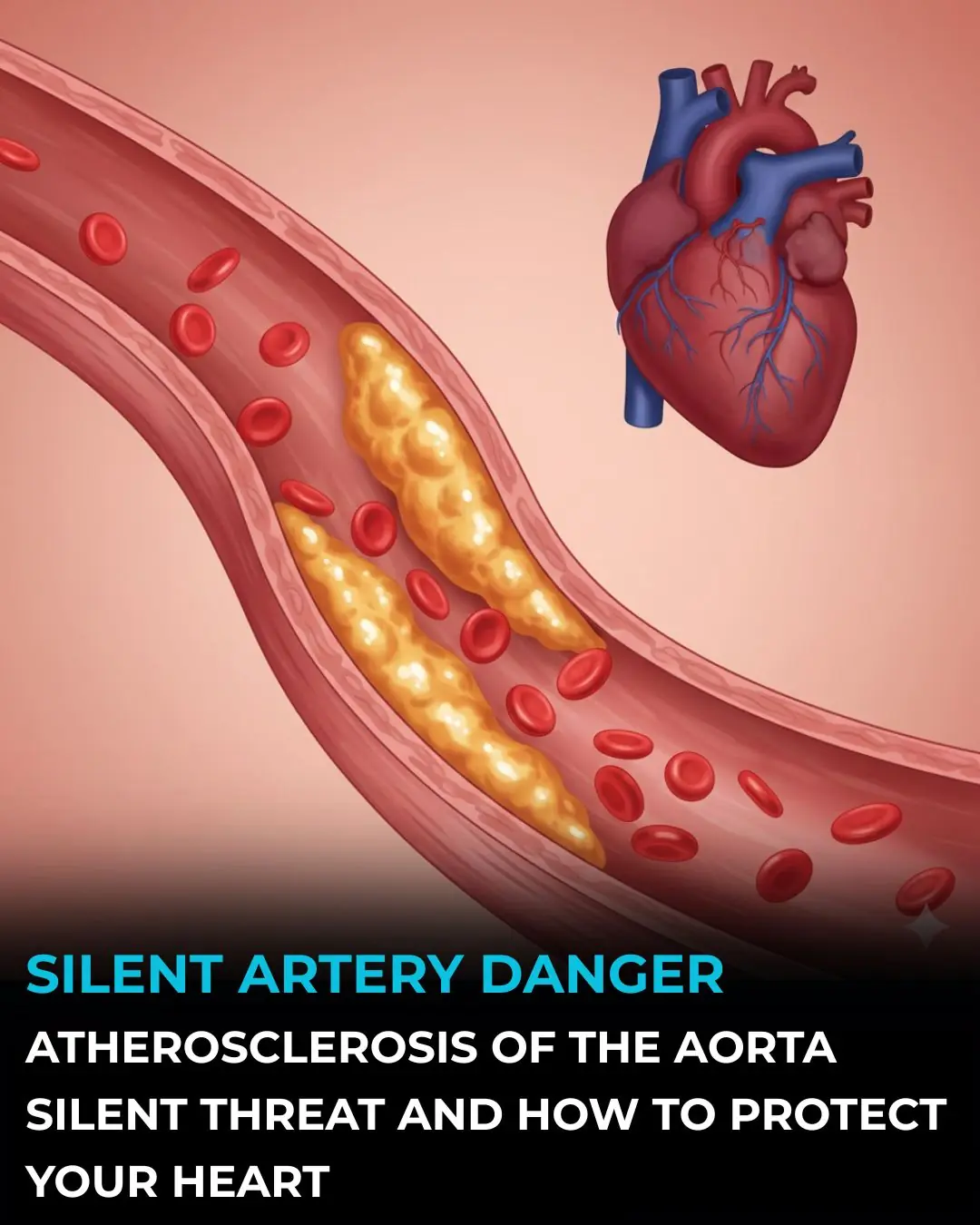
A Silent Threat: How Aortic Atherosclerosis Develops and How You Can Protect Yourself

Firefighters Want Everyone To Know What They Should Never Plug Into A Power Strip
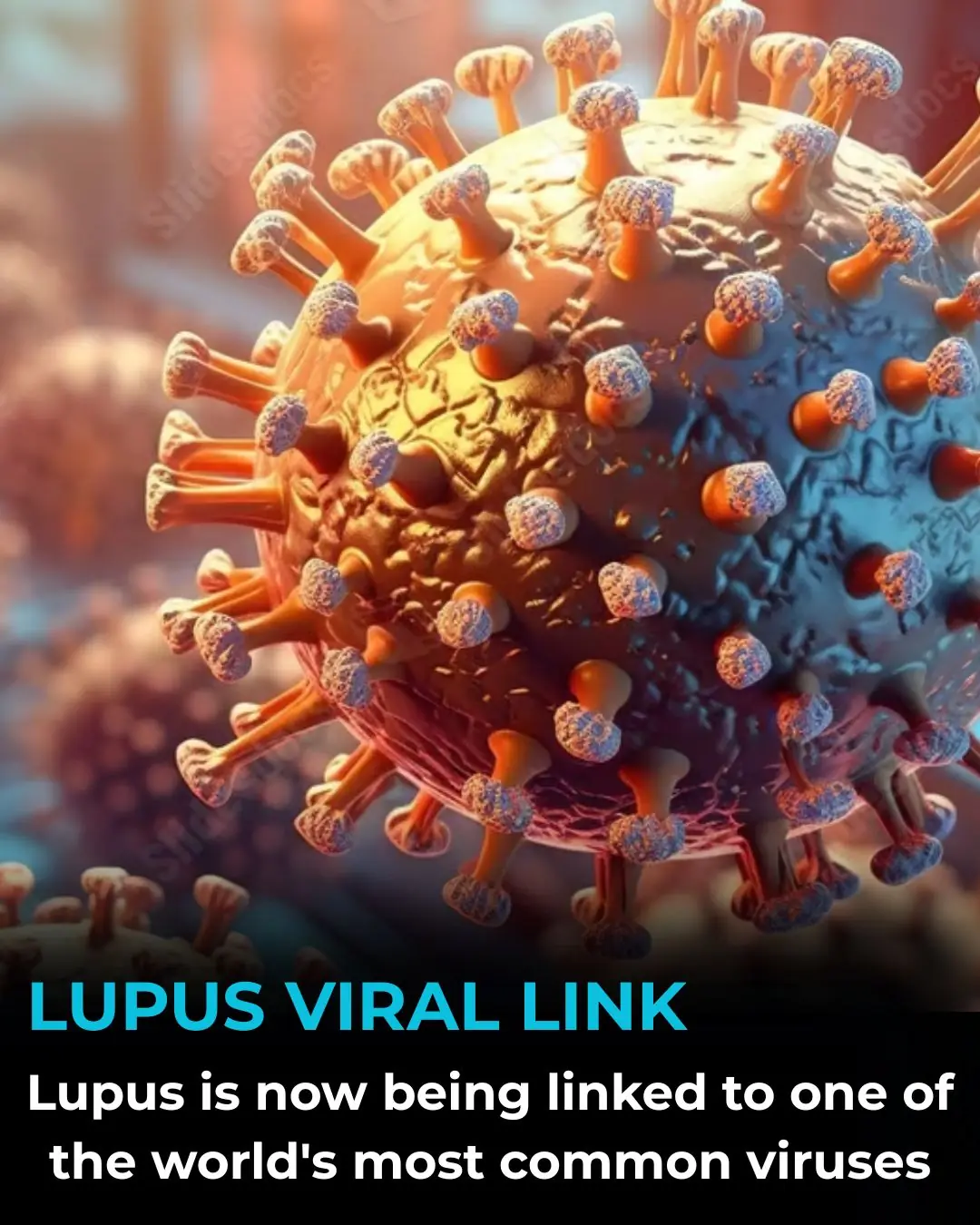
Uncovering the Viral Trigger Behind Lupus: Scientists Reveal a Surprising Link

A Quiet Hero: The 24-Year-Old Saving Over 1,400 Animals from Euthanasia
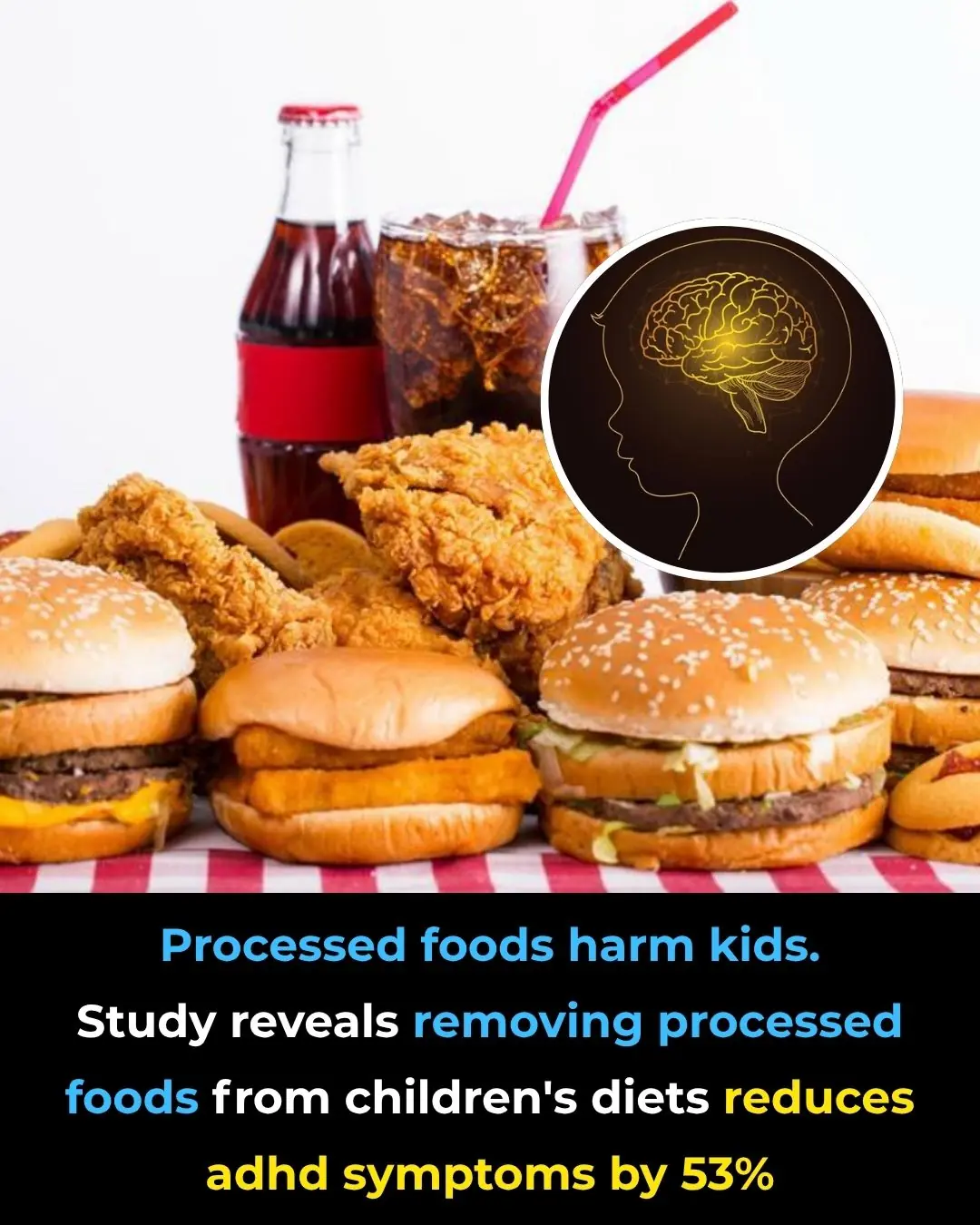
New Study Shows Removing Processed Foods Can Reduce ADHD Symptoms by 53%

Kenyan Impostor Outsmarts Courts: Fake Lawyer Wins 26 Cases Before Shocking Unmasking

Experts reveal 10 baby names parents should avoid in 2026 as popular names that are set to go extinct revealed

The Real Reasons Men Stay in Relationships With Women They Don’t Love

If you suddenly wake up between 3:07 and 3:15 a.m., you should be extremely careful

NASA’s Perseverance Rover Detects Something on Mars That Shouldn’t Be There
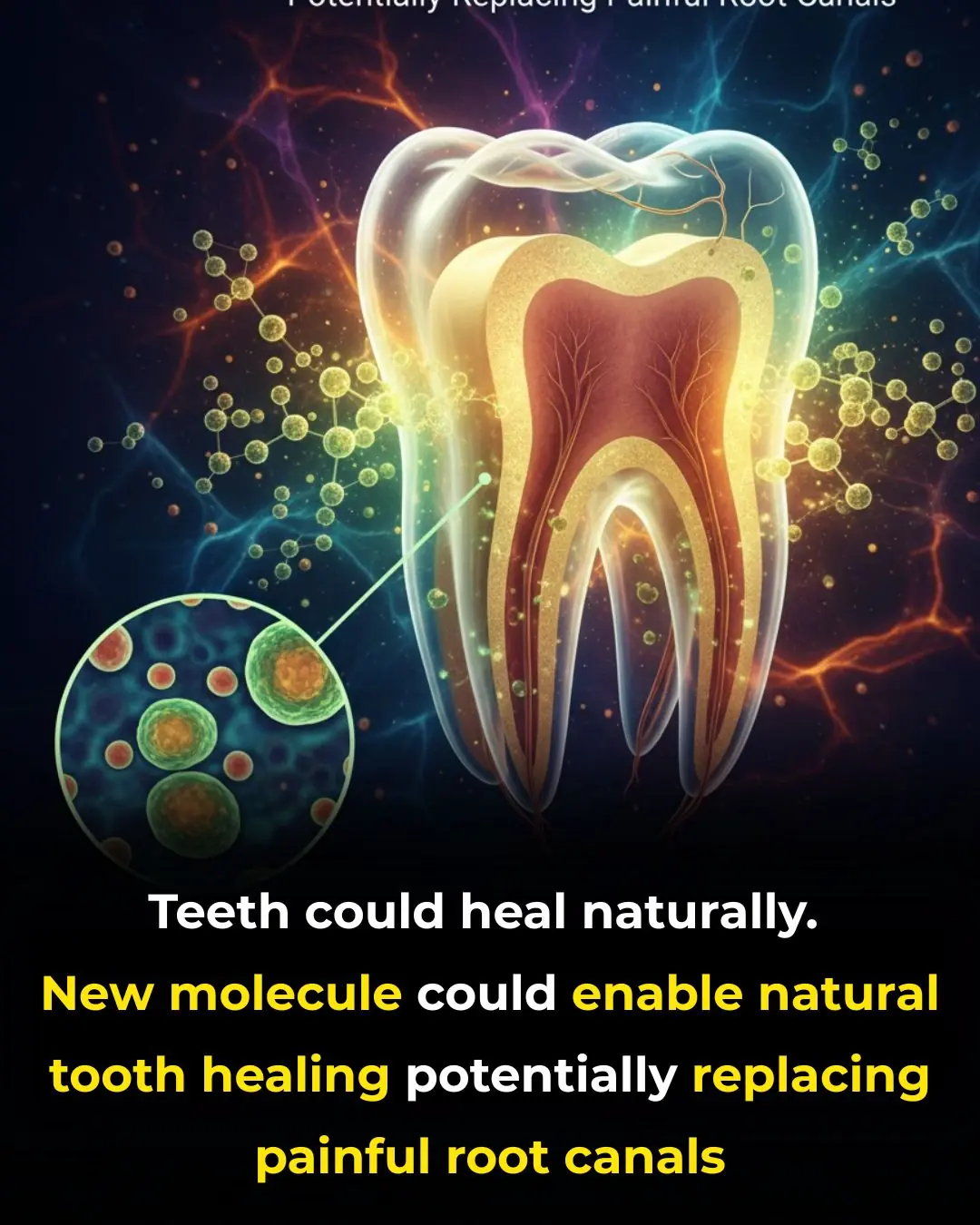
Newly Discovered Molecule Could Allow Teeth to Heal Naturally, Transforming the Future of Dentistry
News Post
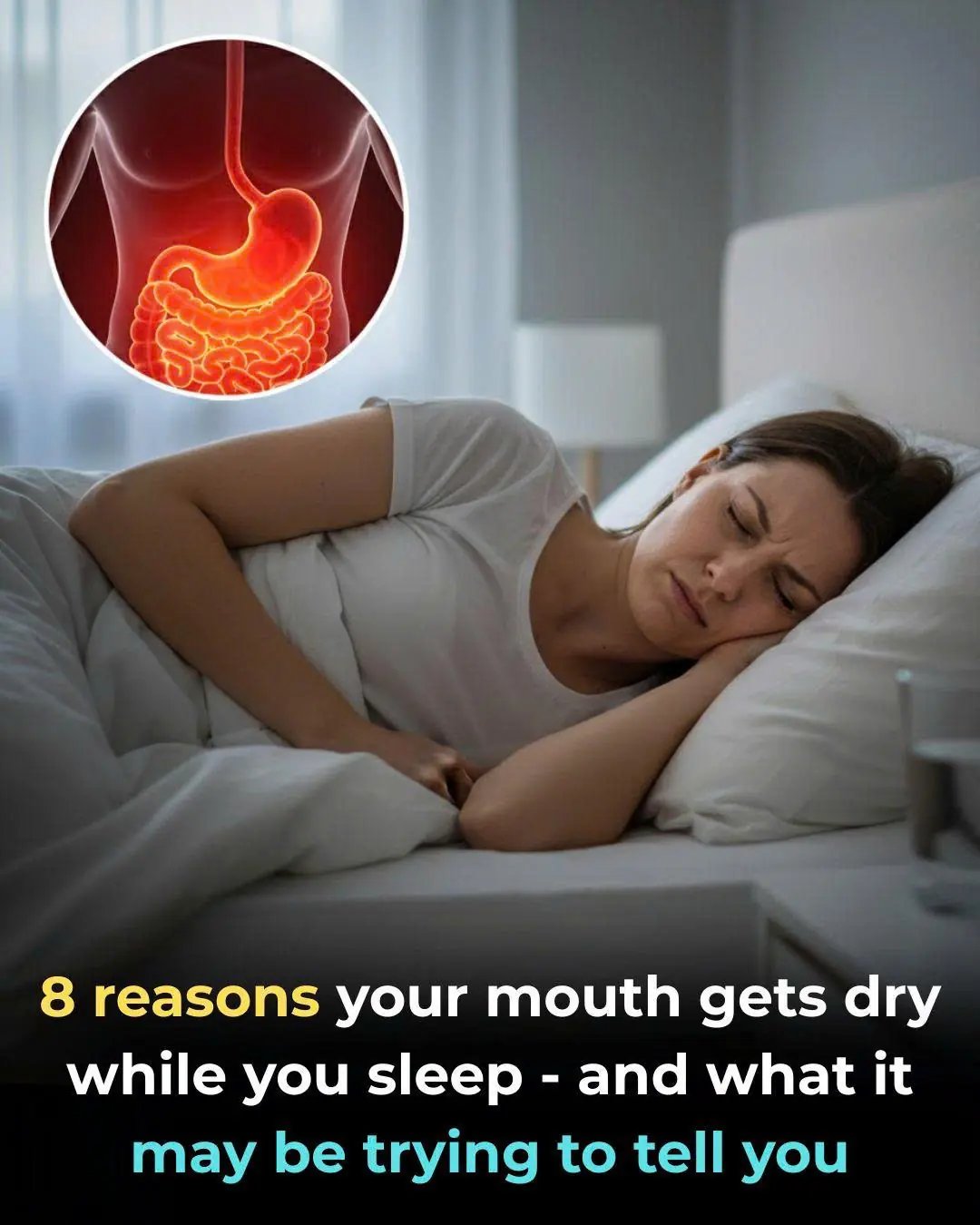
People whose mouths feel dry when sleeping at night need to know these 8 reasons

Ariana Grande gives shocking update on music career after ‘Wicked: For Good’

Controversial I'm A Celeb star Ruby Wax's changing face

MAFS UK's Abi issues emotional relationship status update

The “Hand of God” Technique: How a Simple Gesture Brought Humanity Back Into Isolated Hospital Rooms

Ant McPartlin's tattoos explained – from meaningful inking to poignant tribute
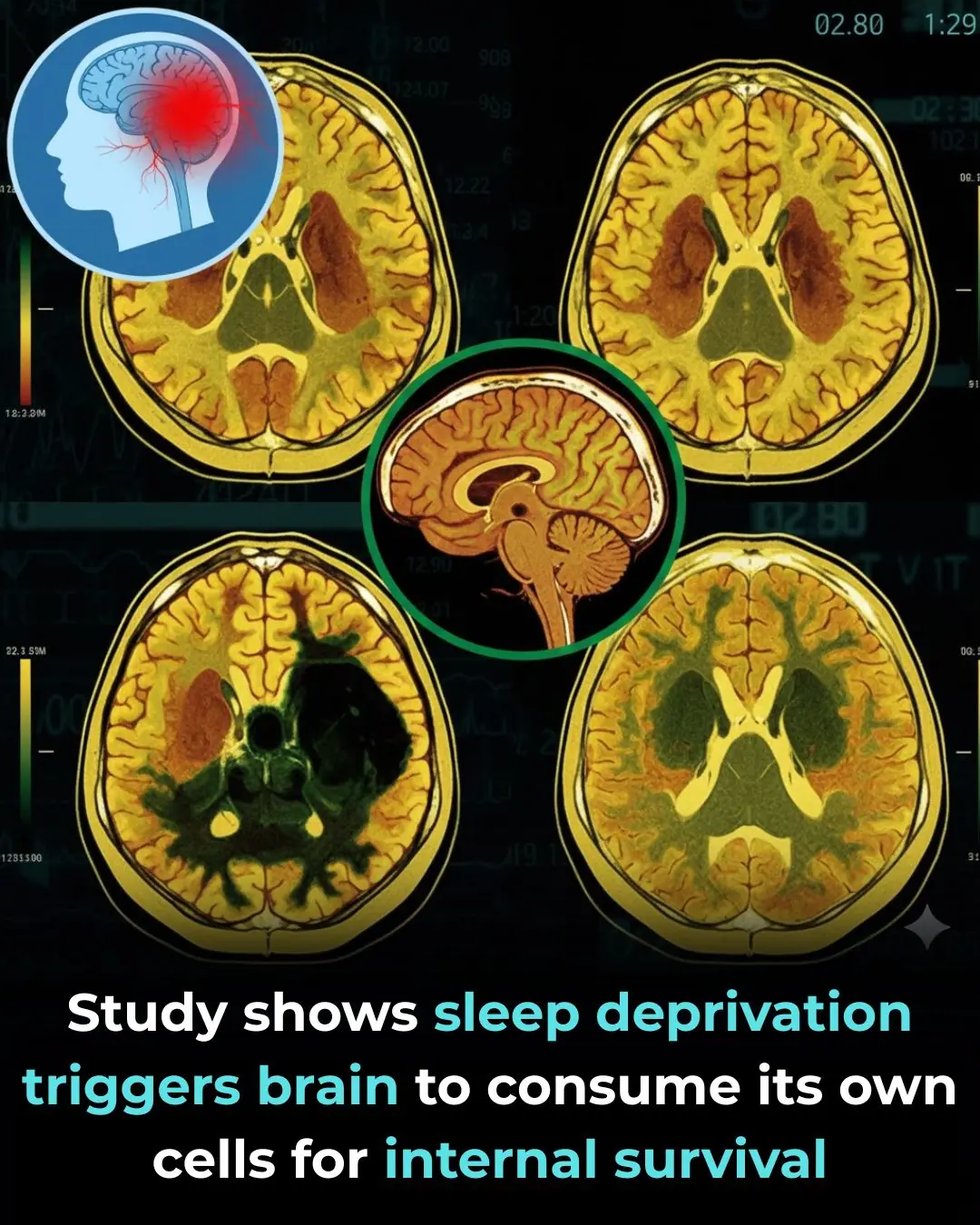
When the Brain Eats Itself: The Hidden Damage Caused by Lack of Sleep

From Self-Marriage to Self-Divorce: Suellen Carey’s Viral Journey of Self-Love

Kerry Katona undergoes corrective boob surgery as she gushes over beau Paolo's support

How Rose Essential Oil May Reshape the Brain: A Deep Dive Into a Surprising New Study

Celebrity MasterChef’s Gaz Choudhry fails to impress Grace Dent and John Torode and is sent home

DANIEL RADCLIFFE SENDS LETTER TO NEXT HARRY POTTER AND RECEIVES AN INCREDIBLY HEARTWARMING REPLY
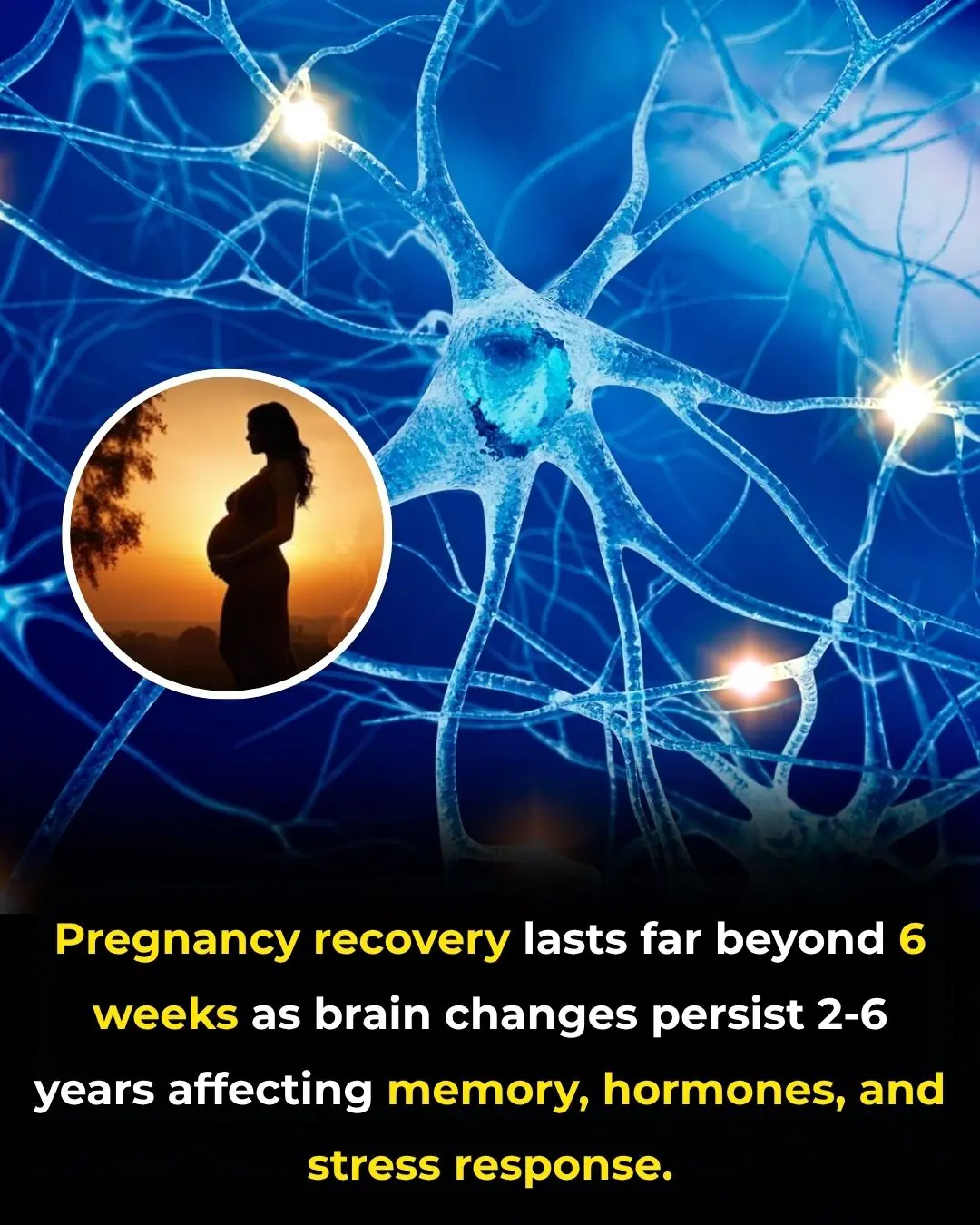
The Hidden Years of Postpartum Recovery: How Motherhood Reshapes the Brain

I’m A Celebrity 2025: What the meaning is behing Shona McGarty’s piercings and tattoos

HOW CANCER CAN CAUSE DYSLEXIA AS MARTIN KEMP OPENS UP ABOUT EXPERIENCE ON I'M A CELEB

Unattractive Traits That Can Secretly Ruin a Relationship

Things You Should Never Do to Avoid Lightning Strikes

BILLY BOB THORNTON REVEALS TRUTH ABOUT INFAMOUS BLOOD VIALS WITH ANGELINA JOLIE
